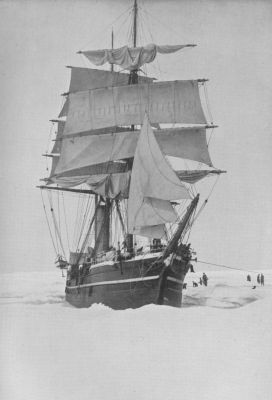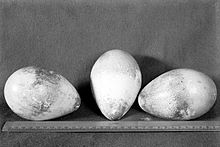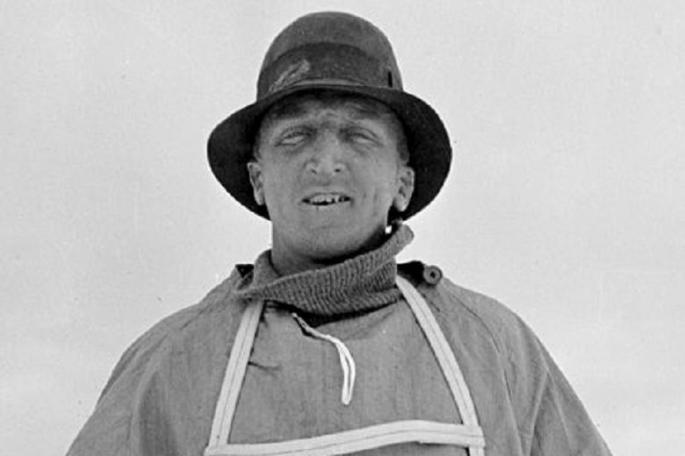The Worst Journey in the World
The Worst Journey in the World is an account of the 1910-1913 British Antarctic Expedition led by Robert Falcon Scott, but that description misses all the brilliance and pathos of this extraordinary story. I started this review on a sunny day in Invercargill, at the southernmost tip of New Zealand’s South Island but a couple of days later I was half way through Cherry’s book for the umpteenth time and had made little progress with this review as the clouds rolled in and the wind rose. Thinking of those hapless men on their lonely ice floes as I looked out at a gathering storm sent shivers down my spine.
Apsley Cherry-Garrard was a 24 year old Oxford graduate (Classics and Modern History) when he set sail with Scott on the 1910-1913 British Antarctic Expedition. His application to the Expedition had been rejected twice by Scott, who was looking for scientists, but after his second rejection Scott took pity on him when he donated to the Expedition. He joined as assistant zoologist.

Scott’s ship, the Terra Nova
”Cherry” was not a key member of the Expedition. The titular journey is not the doomed push to the South Pole but rather a side trip to collect Emperor Penguin eggs, in the hope that a study of the embryos would shed light on secrets of evolution. This Winter Journey was only as futile as it was unpleasant; by the time the eggs made it back to London science had moved on and no-one was interested.

The three penguin eggs collected by Cherry-Garrard, Bowers and Wilson
And yet... Cherry-Garrard is an astonishing writer. He has all the emotion and force of youth captured in beautiful, elegant prose. His pen portraits of key characters in his and Scott’s story are clearly written with Sallust fresh in his mind and they give life to the excerpts he includes from other members of the Expedition.
“As he was one of the two or three greatest friends of my life I find it hard to give the reader a mental picture of Birdie Bowers which will not appear extravagant. There were times when his optimism appeared forced and formal though I believe it was not really so: there were times when I have almost hated him for his infernal cheerfulness. To those accustomed to judge men by the standards of their fashionable and corseted drawing-rooms Bowers appeared crude. "You couldn't kill that man if you took a pole-axe to him," was the comment of a New Zealander at a dance at Christchurch. Such men may be at a discount in conventional life; but give me a snowy ice-floe waving about on the top of a black swell, a ship thrown aback, a sledge-party almost shattered, or one that has just upset their supper on to the floorcloth of the tent (which is much the same thing), and I will lie down and cry for Bowers to come and lead me to food and safety.”

Lieutenant Henry Robertson “Birdie” Bowers
Post a comment